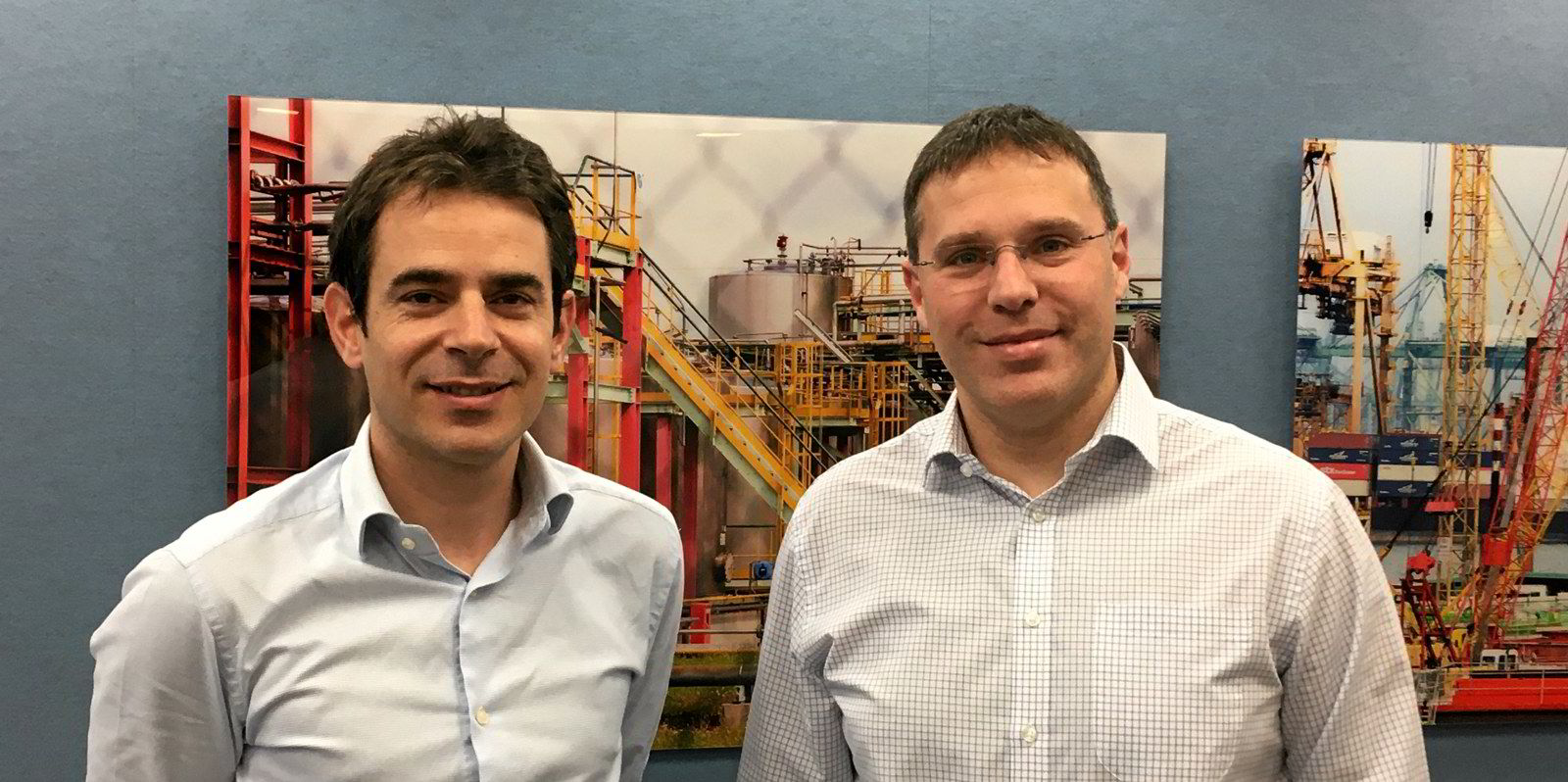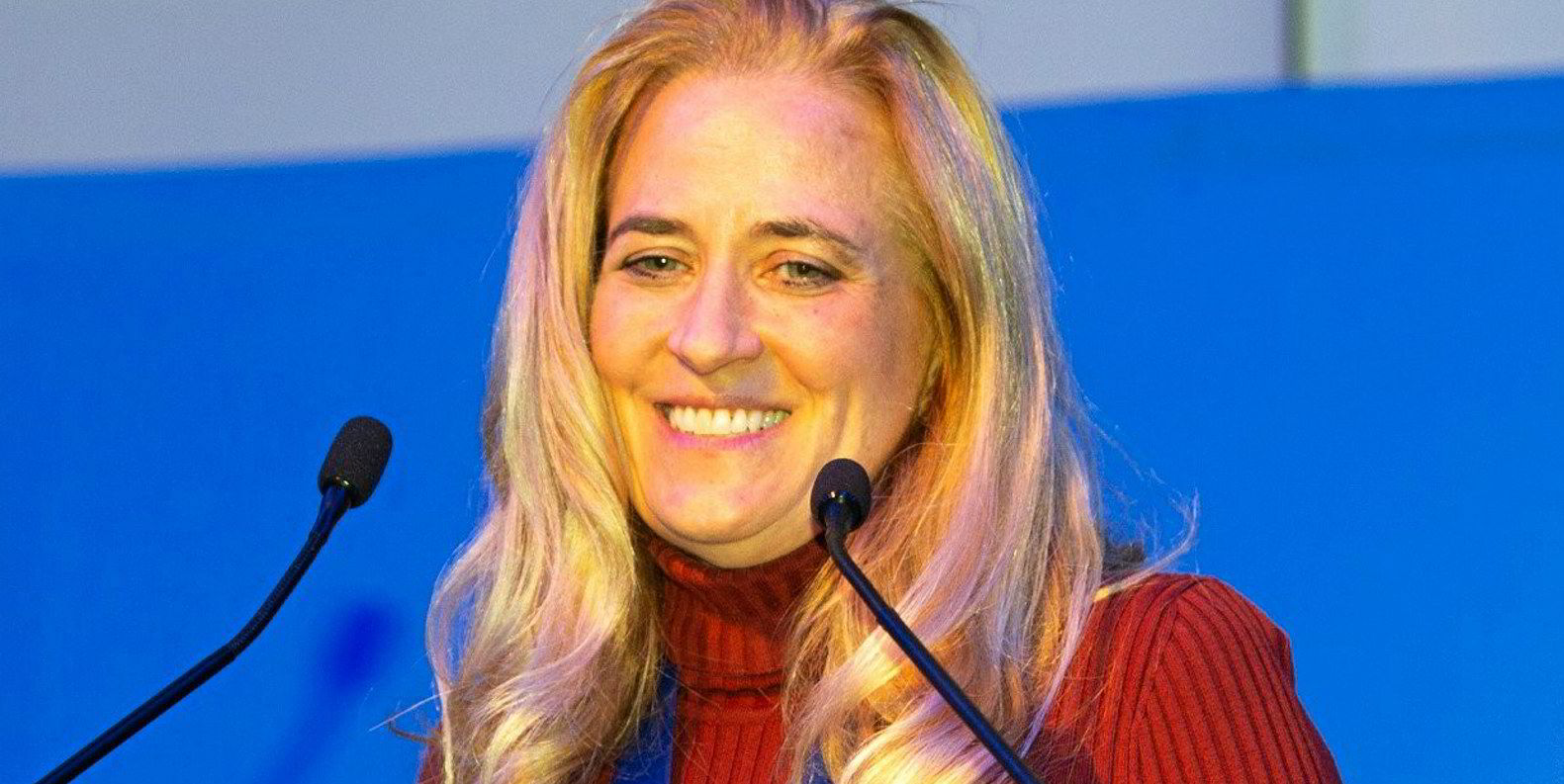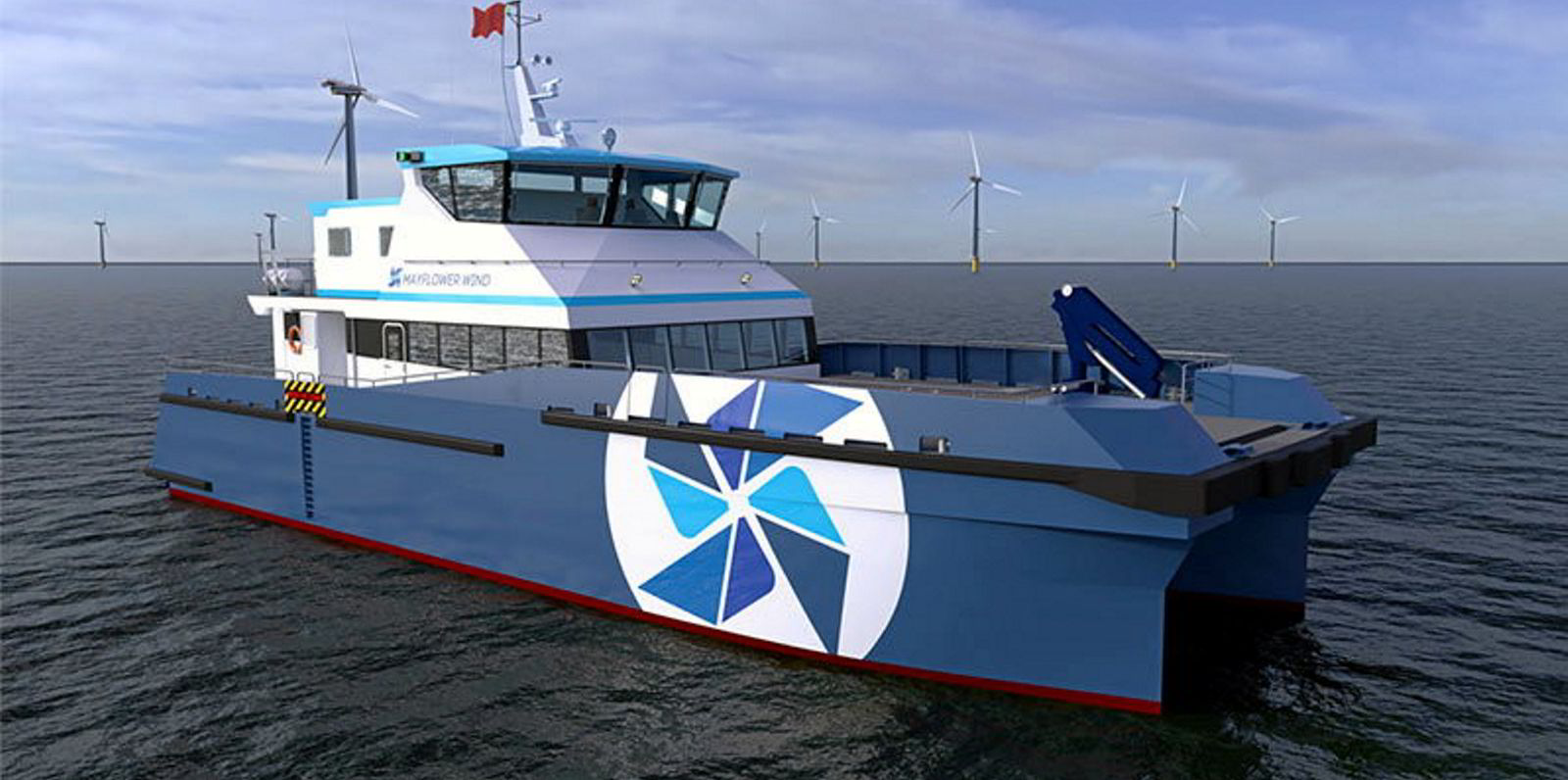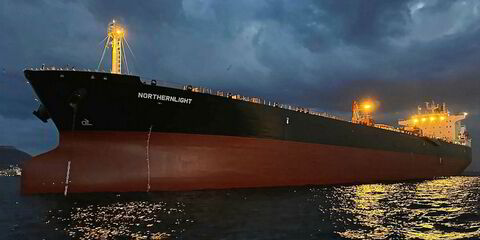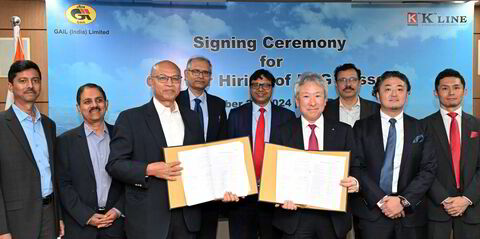Tanker pool operator Signal Maritime expects more spurts of growth after completion of its landmark team-up with Shell.
On Tuesday, the oil major put the 49,700-dwt Silver London (built 2014) into Signal’s new MR tanker pool. This is the tenth and final MR2 that Shell said in early August that it would place under Signal operation.
All MR tankers in the fleet, which Shell describes as its “Silver Class”, joined the company as newbuildings after 2014.
Shell’s first ever cooperation with a pool has catapulted the size of Signal’s MR operation to 15 vessels and created conditions for it to grow even more.
The energy major's move “has already attracted significant interest from other shipowners looking to leverage Signal’s artificial intelligence-powered platform for their own fleets”, Signal Maritime said in a statement.
According to the company’s chief executive officer Panos Dimitracopoulos, the pool is in advanced talks with two to three new potential partners, both in Greece and abroad.
A larger scale creates beneficial effects by itself, according to Signal Group chief executive Ioannis Martinos.
“The bigger the pool, the greater the possibility of vessel triangulation and reduced ballast voyage legs resulting in an improved bottom line for both shipowners and the environment,” Martinos said in a statement.
Signal set up its MR tanker pool earlier this summer. As with its already established aframax pool, the outfit counts on its proprietary Signal Ocean data platform, which blends tech with chartering know-how with an ambition to provide superior real data and analysis.
Natural next step
Shell was one of the first companies to start using the Signal Ocean platform after Martinos launched it in 2018. Seeing how the platform performed in Shell’s in-house chartering operations has been a key factor in the energy giant’s later decision to join Signal Maritime as well.
“The next and bigger step was [for Shell] to commit its MR tankers to the pool run by us,” Dimitracopoulos said.
Seeing the deal through, however, took six months of talks and negotiations during which the two sides thrashed out terms. In the meantime, Shell carried out rigorous due diligence of Signal Ocean and its technology and went through all necessary procedures to approve the deal internally.
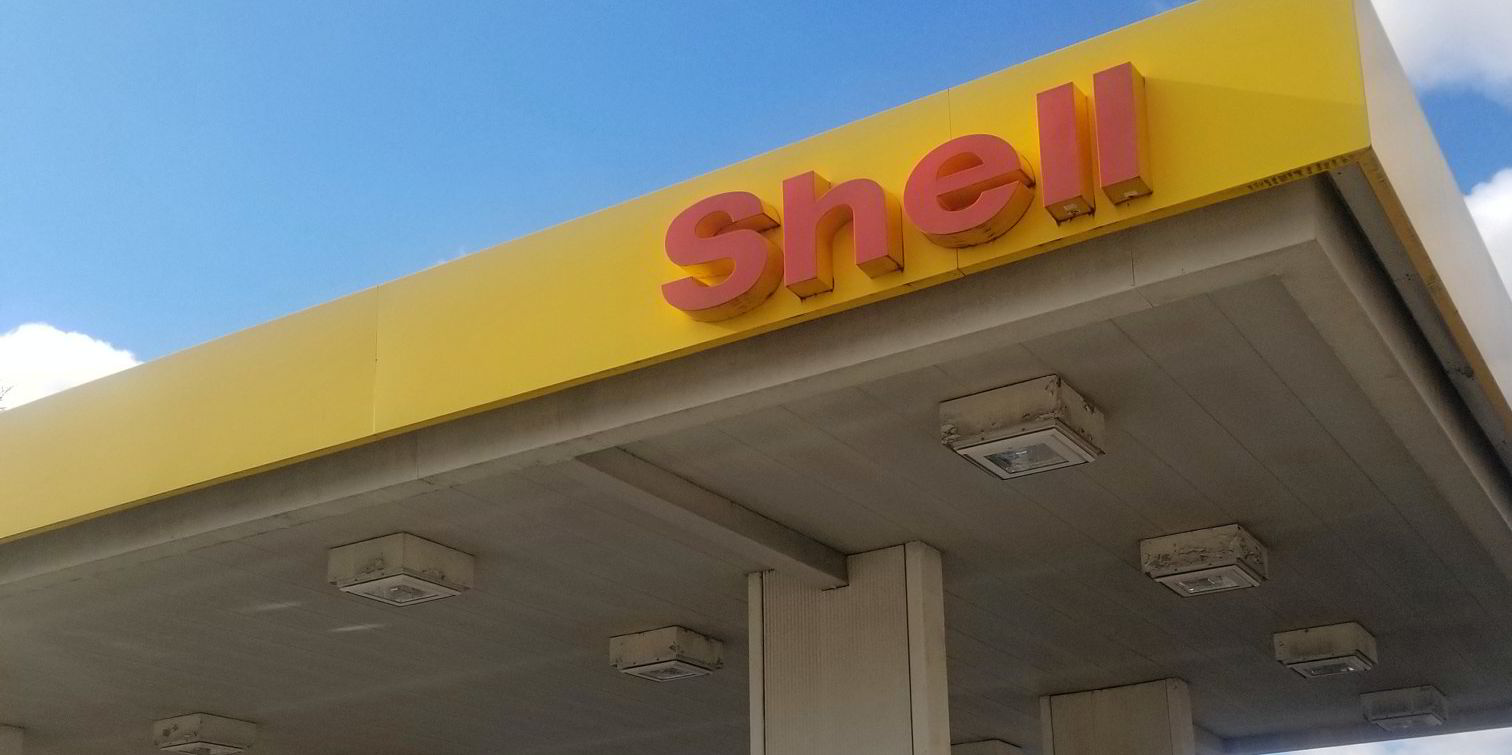
The two sides are currently working to deepen their cooperation beyond traditional commercial management, mainly in exploring synergies and increasing efficiencies by digitalising workflows.
Another area of cooperation is carbon emissions. The companies haven't specified their plans yet but Signal has said on earlier occasions it expects optimised fleet scheduling from its data to help clients reduce their carbon footprint.
Dimitracopoulos, who was Thenamaris’ head of chartering before joining Signal, said in May that one reason why the company expanded into MR pool is that it expected clean markets to be the first ones to rebound from depressed market levels.
This feeling seems to be shared by other market participants. MRs have been the most frequently traded ship type in an otherwise unexciting secondhand market for tankers in the past few weeks.
